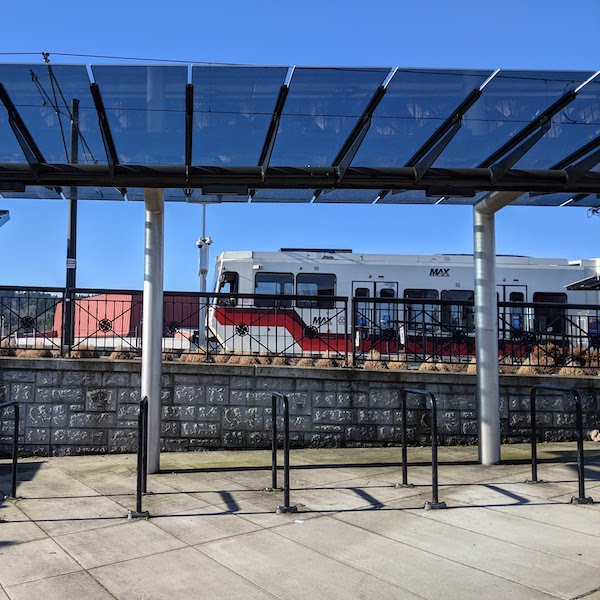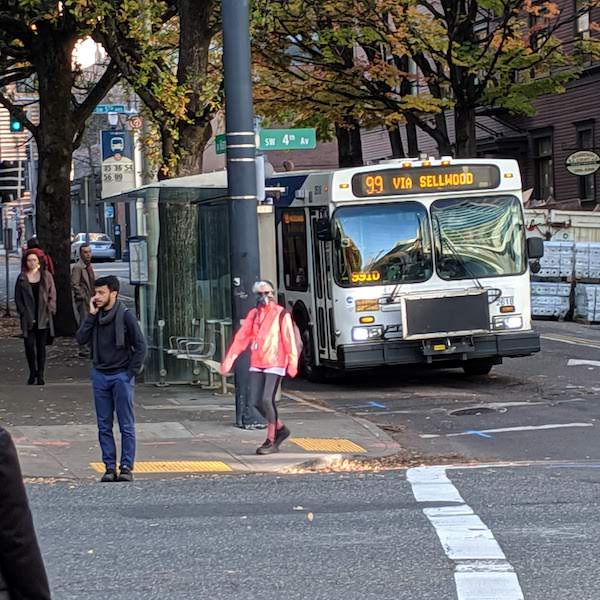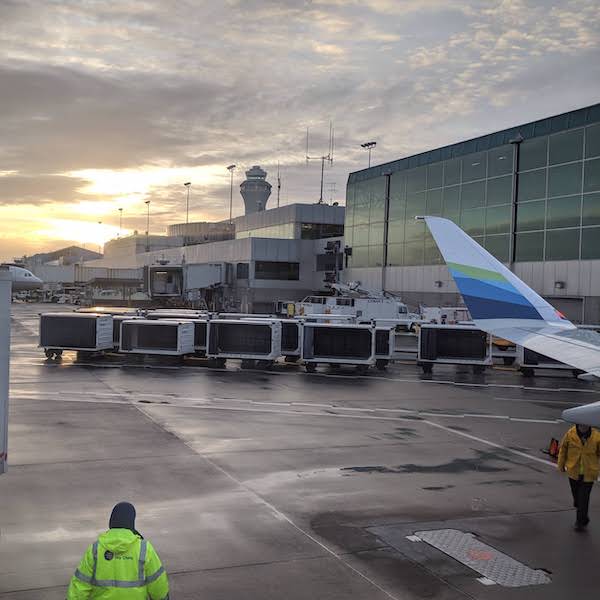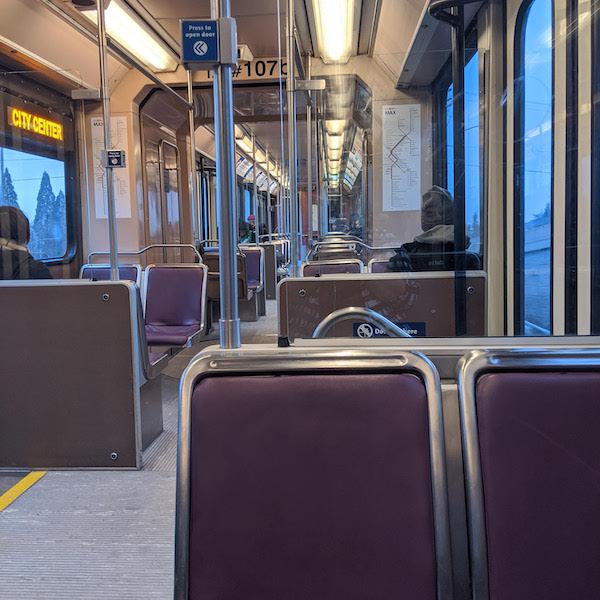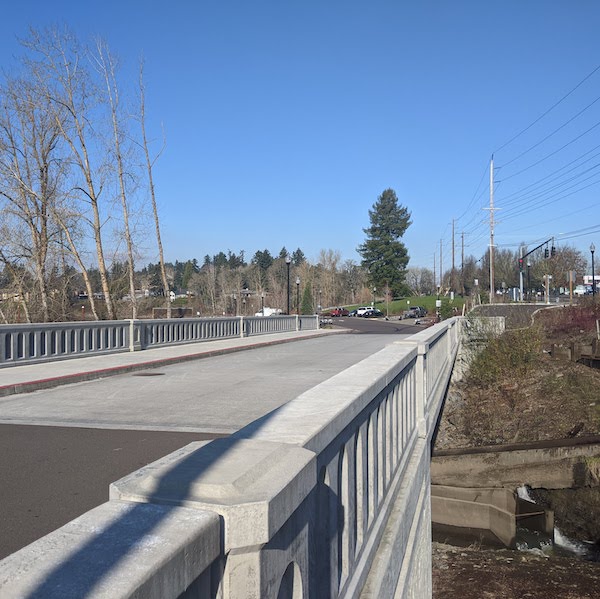Transportation and Homelessness
In 2020, the U.S. Department of Housing and Urban Development estimated that over half a million Americans are living without housing. This national crisis contributes to everyday transportation challenges that are compounded and made more difficult when that person does not have access to a home. TREC partners with the Homelessness Research and Action Collaborative (HRAC), which seeks to address the challenges of homelessness through research that uncovers conditions which lead to, and perpetuate, homelessness. Together, TREC and HRAC are starting to tackle some of the questions that lie at the intersection of transportation and homelessness.
Marginalized Populations’ Access to Transit: Journeys from Home and Work to Transit (Active Project)
Learn more about Marginalized Populations’ Access to Transit: Journeys from Home and Work to Transit (this is an active project).
Homelessness: A Guide for Public Transportation (Active Project)
Learn more about TCRP J-11/Task 40: Homelessness: A Guide for Public Transportation (this is an active project).
Strategies to Address Homelessness at Airports (Active Project)
There has been an increase in the number of homeless individuals at airports in recent years. There are many reasons for this increase, including a reduced number of city shelters and the attractiveness of airports for people experiencing homelessness due to their relative safety, transit accessibility, climate controlled shelter, and access to food and amenities. Responses to homeless people at airports have varied. Many airports wrestle with how to balance their primary function—serving the traveling public—with dealing respectfully with people experiencing homelessness. In addition, those experiencing homeslessnes may have physical and mental challenges and may add potential safety and security issues for airports. Research is needed to help airports partner with local community-based resources for developing and implementing strategies to address homelessness at airport facilities. The objective of this research is to develop a primer and guidebook to help airport operators understand and respond to homeless people at their facility.
Learn more about ACRP 03-59: Strategies to Address Homelessness at Airports (this is an active project).
Do Travel Costs Matter? Effects of a Low-Income Transit Fare Program on Low-Income Riders (Active Project)
Learn more about Do Travel Costs Matter? Using Psychological And Social Equity Perspectives To Evaluate The Effects Of A Low-income Transit Fare Program On Low-income Riders (this is an active project).
Addressing Homeless Encampments on Public Rights-of-Way (2013)
Learn more about Relocation of Homeless People from ODOT Rights-of-Way and a followup technology transfer effort, Addressing Homeless Encampments on Public Right-of-Way: A Knowledge Transfer Project.
The People
Our primary partner in this work is a newer initiative at PSU: Homelessness Research & Action Collaborative (HRAC). Launched to address the challenges of homelessness through research, this center uncovers conditions that lead to and perpetuate homelessness. HRAC's goal is to help reduce homelessness and its negative impacts on individuals, families and communities, with an emphasis on communities of color.
Meet some of the experts behind many of the projects listed above:
- Miriam Abelson, Associate Professor of Women, Gender, and Sexuality Studies, Portland State University
- Aaron Golub, Director and Associate Professor of Urban Studies and Planning, Portland State University
- Amy Lubitow, Associate Professor of Sociology, Portland State University
- John MacArthur, Sustainable Transportation Program Manager, Transportation Research and Education Center (TREC) at Portland State University
- Andrée Tremoulet, Adjunct Assistant Professor of Urban Studies & Planning, Portland State University
- Liming Wang, Associate Professor of Urban Studies & Planning, Portland State University
- Liu-Qin Yang, Associate Professor of Psychology, Portland State University
- Marisa Zapata, Director of PSU's Homelessness Research & Action Collaborative; Associate Professor of Land-Use Planning, Portland State University

